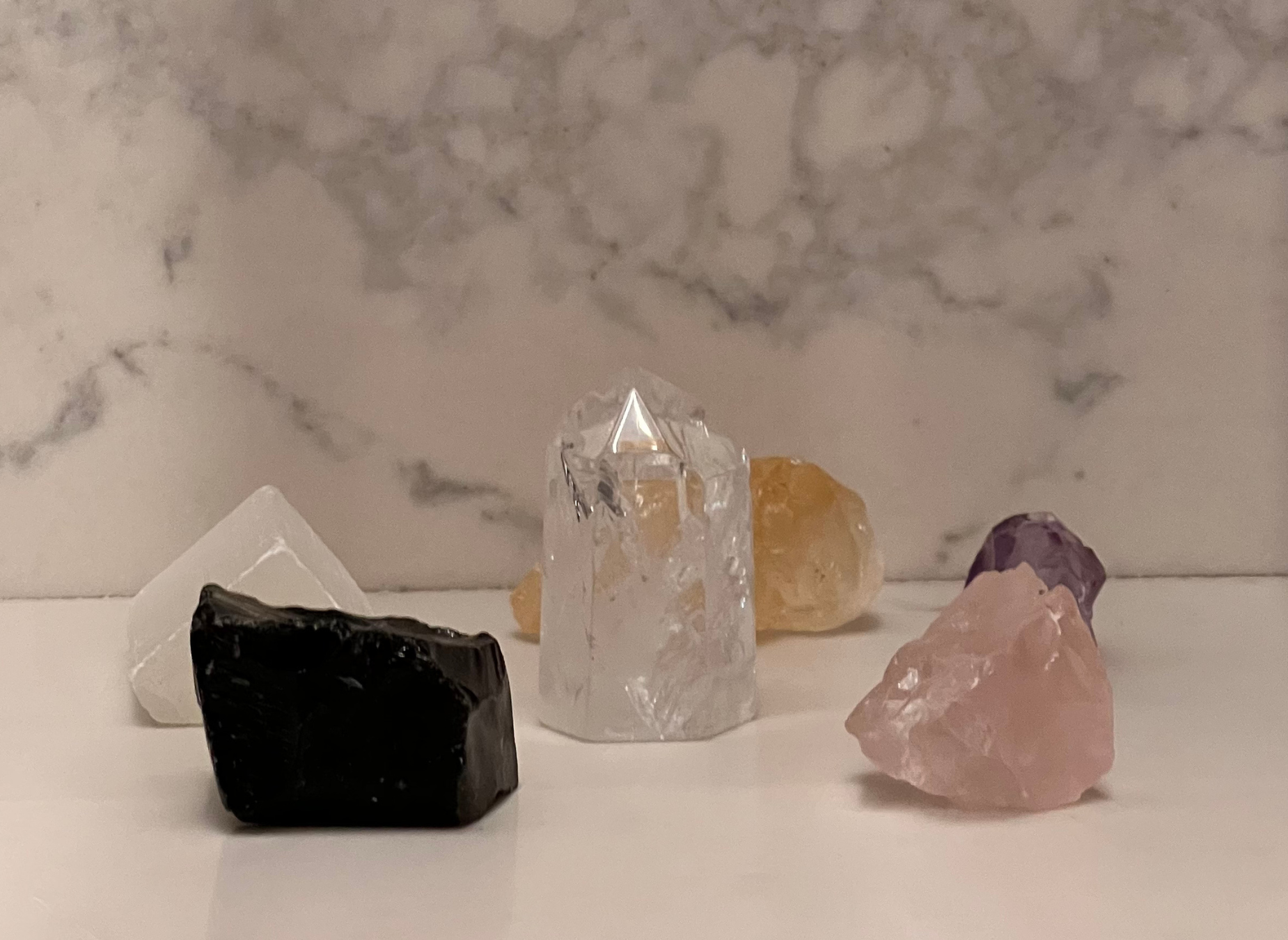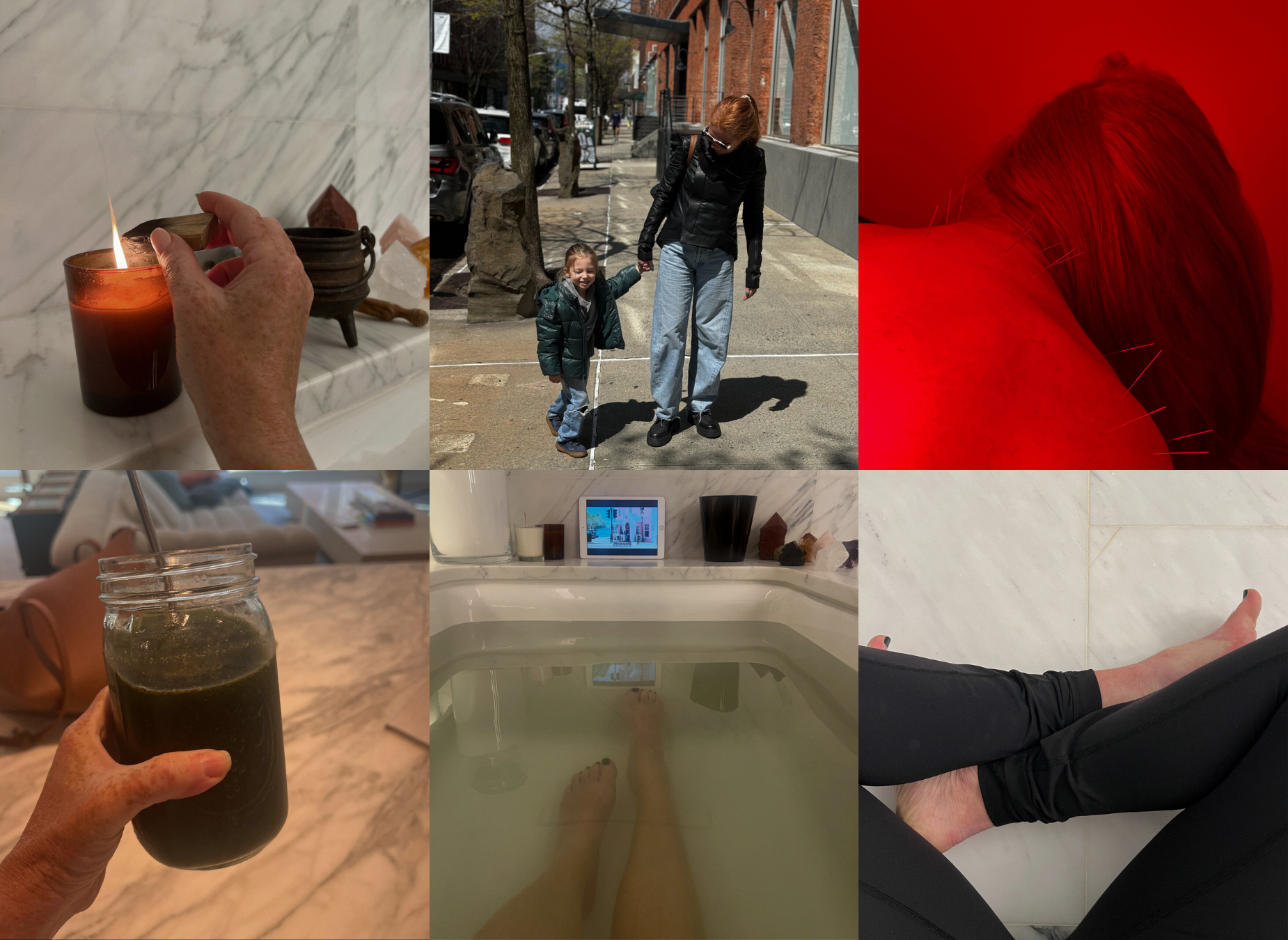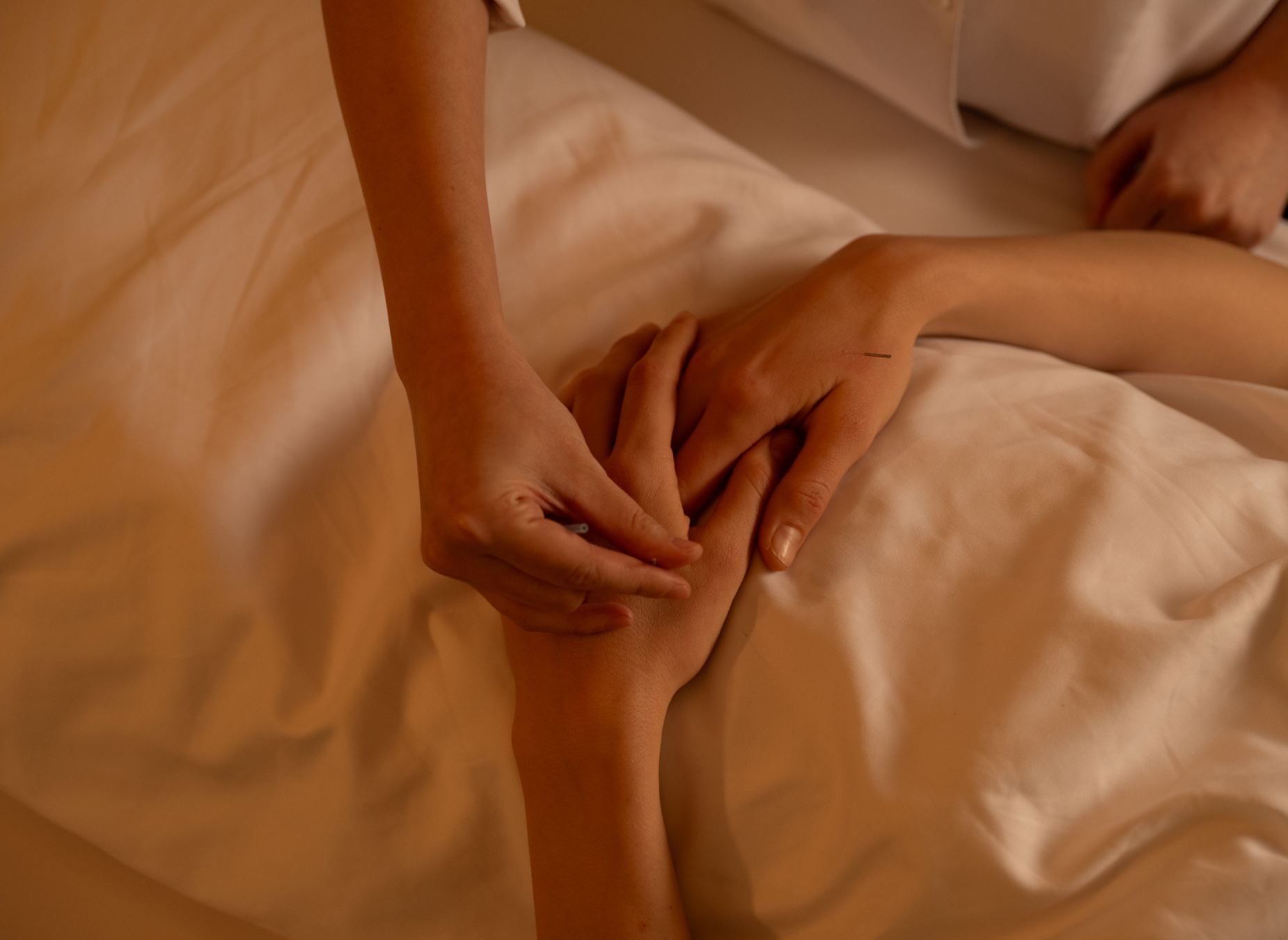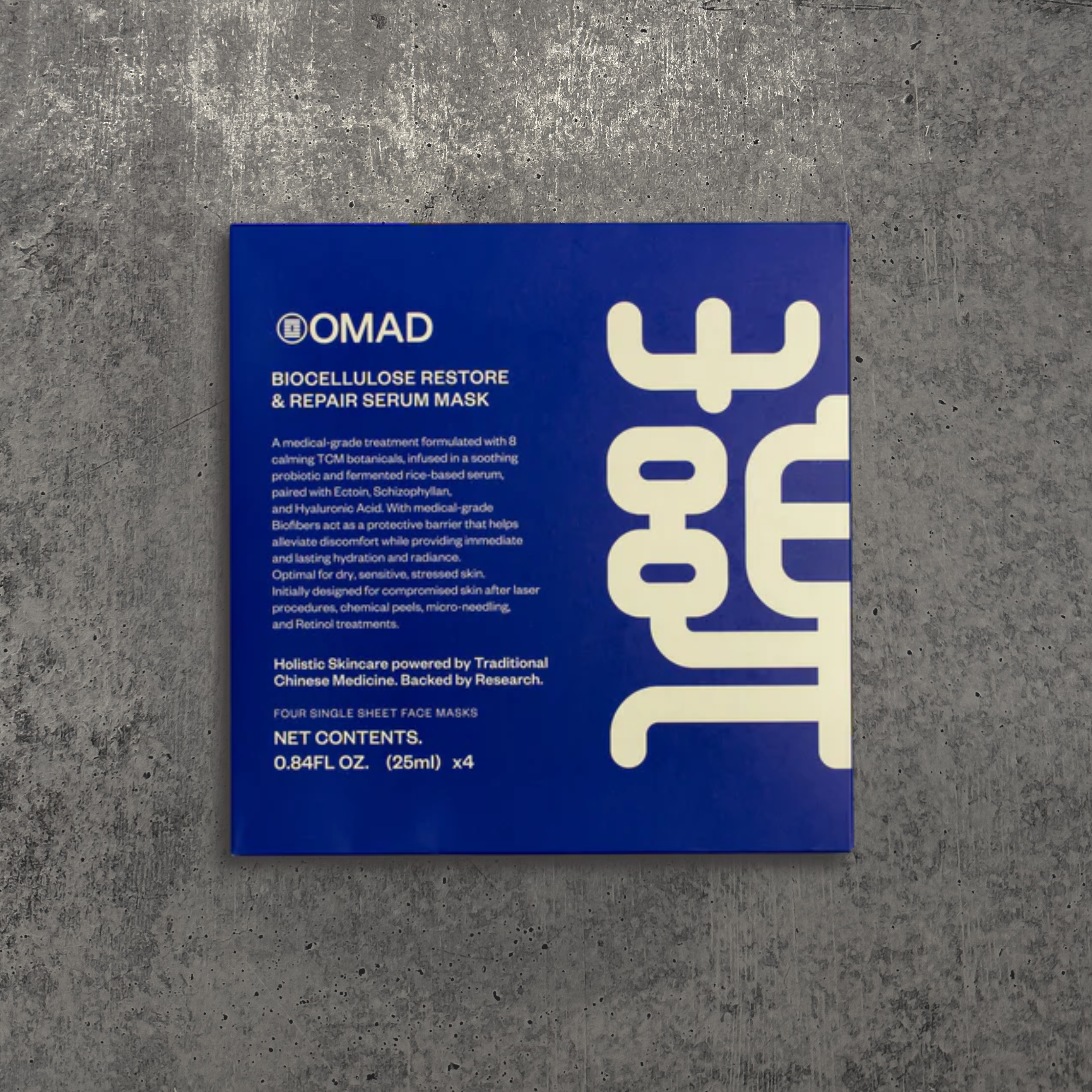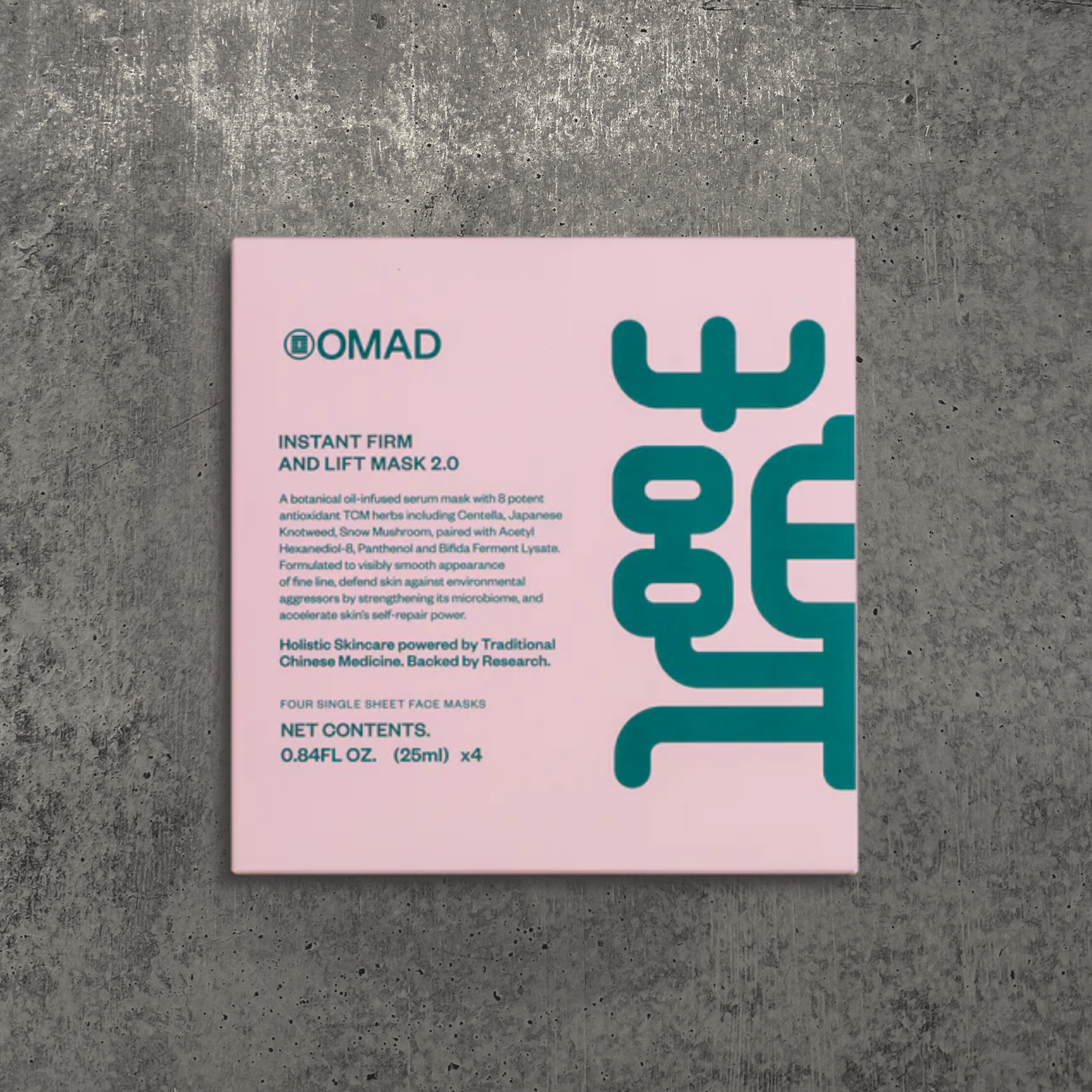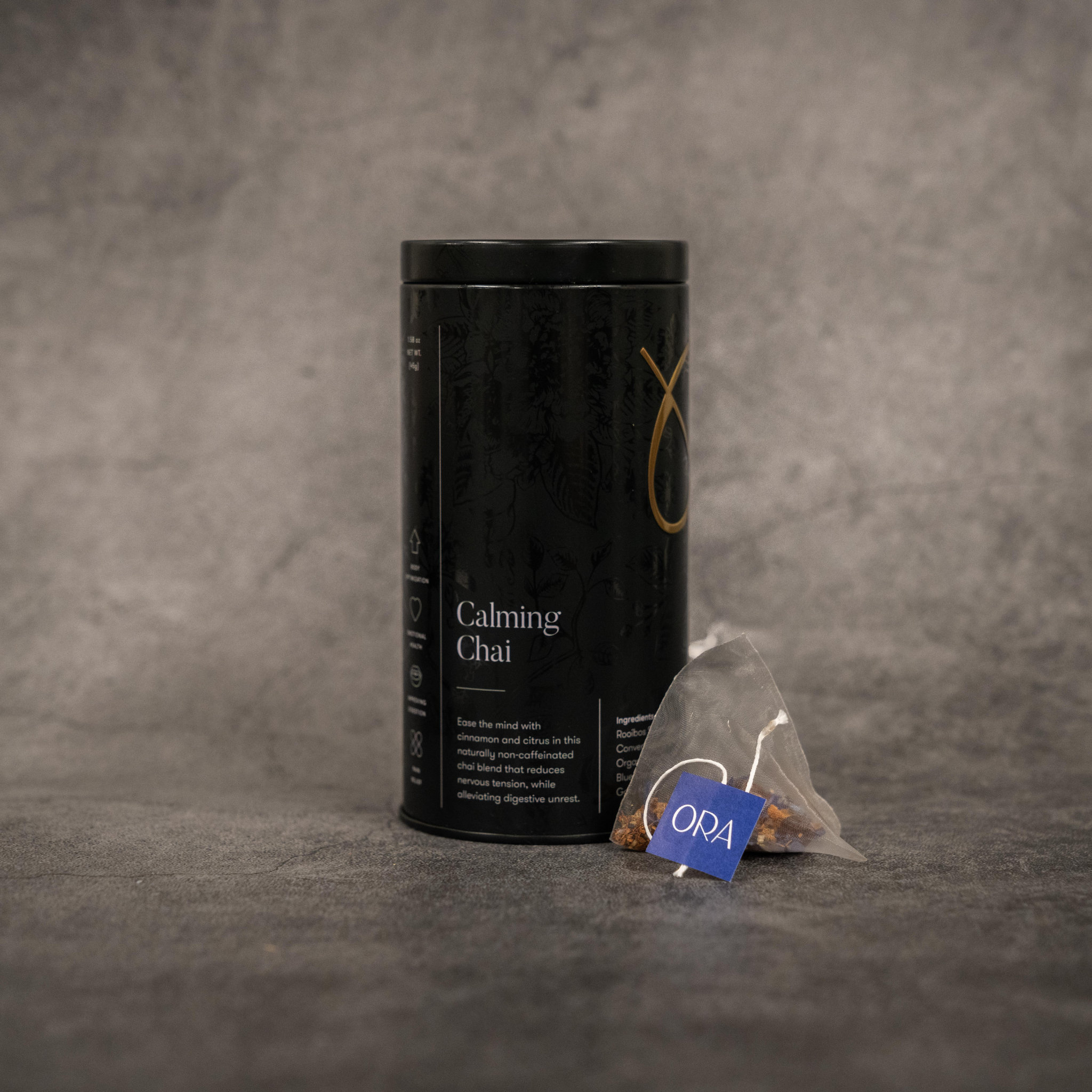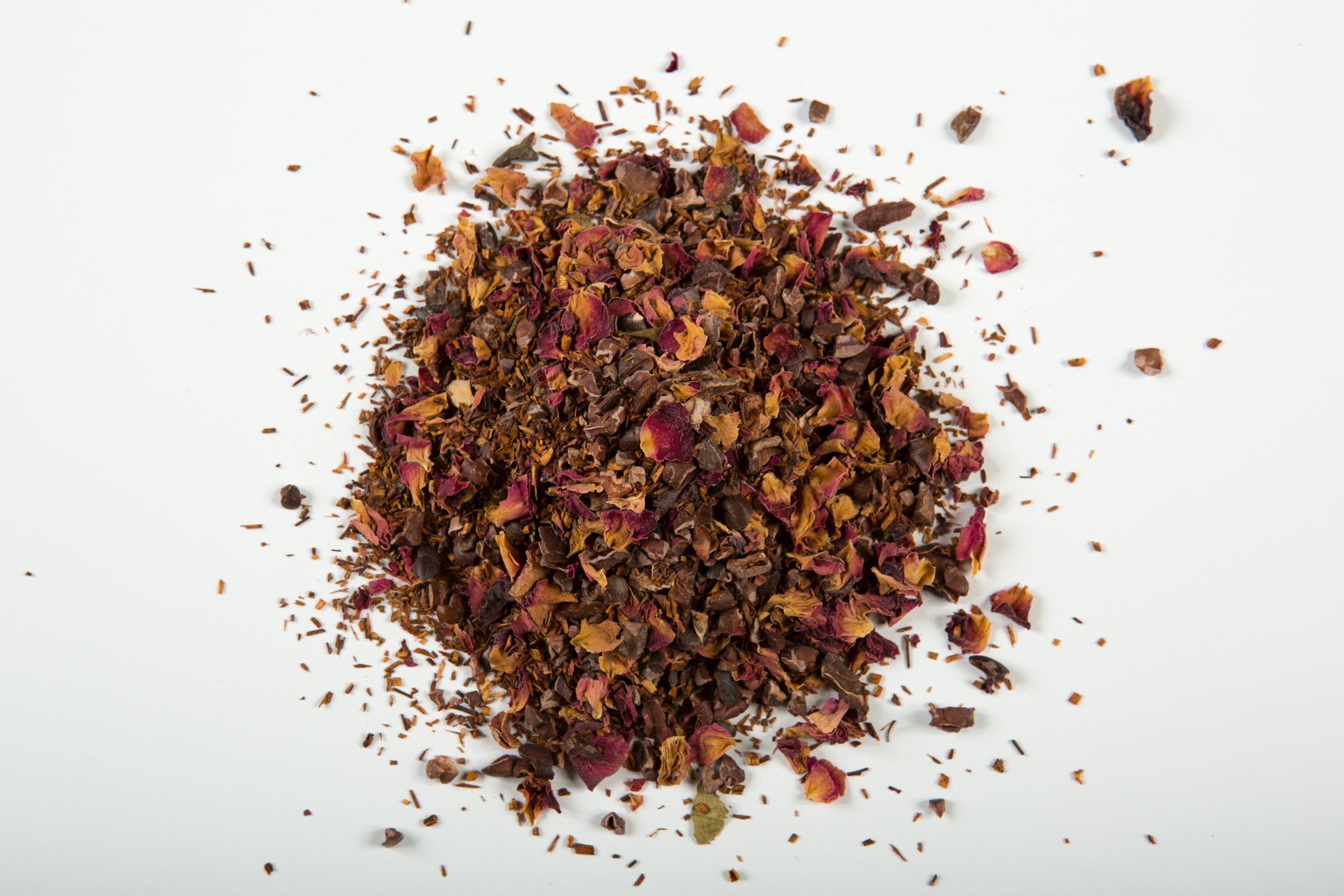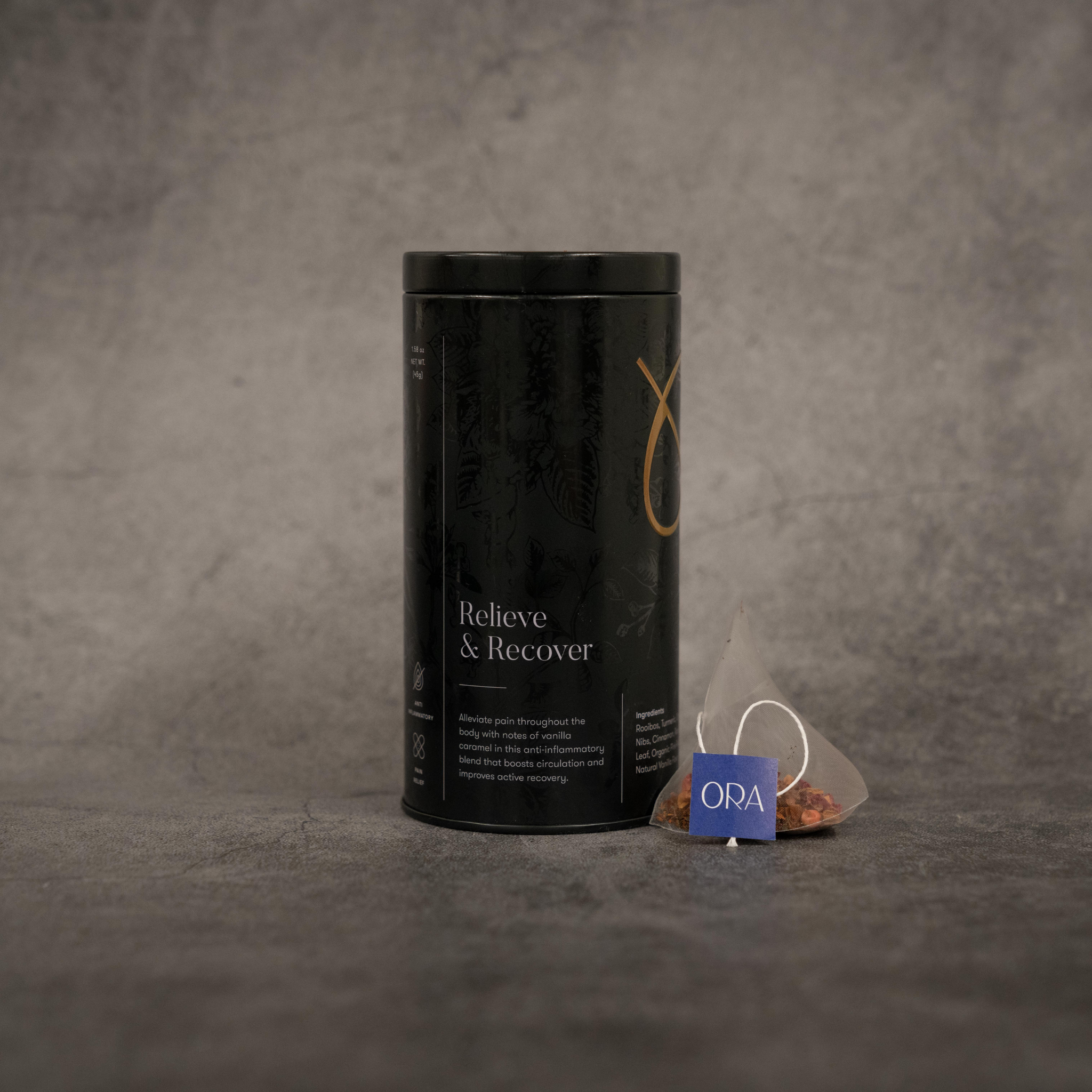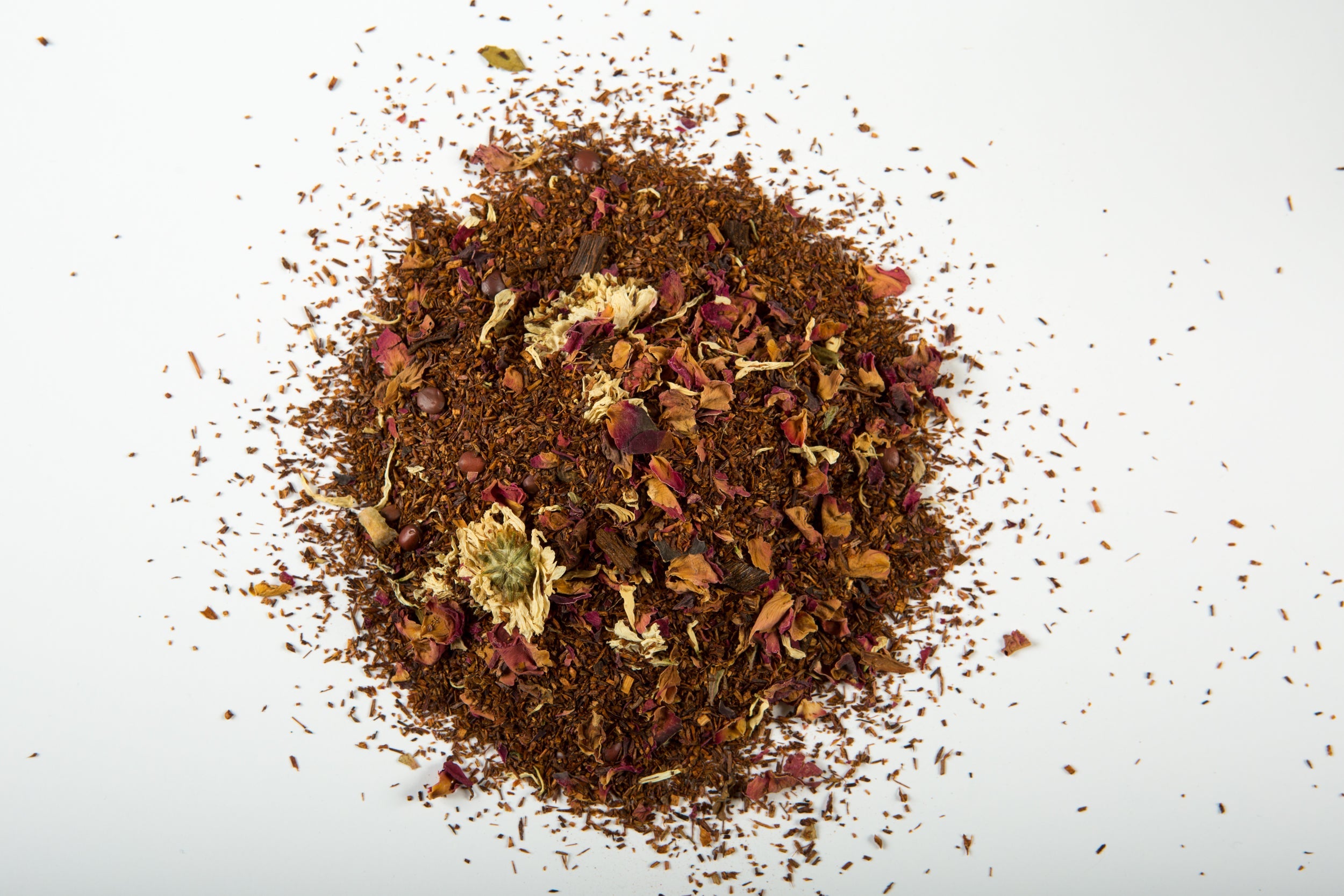Mental health is deeply personal, yet it’s something so many of us struggle with, often in silence. Nearly a quarter of the U.S. population faces mental health challenges, yet the path to healing can feel unclear or even out of reach. While there’s no single solution, the truth is that small, consistent practices can create profound shifts over time.
Caring for your mental health means building daily rituals that foster stability, connection, and ease, not just managing difficult moments. Whether it’s taking a mindful pause in your day, moving your body, journaling, or seeking support from holistic practices like acupuncture, these small acts of care add up. They remind you that healing isn’t about perfection, it’s about creating space for yourself, over and over again.
Understanding Mental Health
Our mental well-being influences how we think, feel, and move through the world. It affects how we handle stress, build relationships, and navigate change. But it’s also fluid, shaped by our environment, experiences, and the way we care for ourselves. And yet, despite its importance, mental health struggles are often misunderstood or even dismissed, leaving many people feeling alone in their experiences.
But here’s the truth: prioritizing your mental well-being is not a luxury, it’s essential. Just as we nourish our bodies, we must also tend to our inner world. By embracing daily practices that bring us back to center, we remind ourselves that we are not broken, that healing is possible, and that support is always within reach.
The Power of Breath: A Simple Yet Effective Tool
One of the most accessible and effective ways to regulate the nervous system is through breath. When stress builds, our breathing becomes shallow, signaling to the body that we’re in danger, even when we’re not. By intentionally slowing the breath, we can shift out of fight-or-flight mode and into a state of calm and clarity.
Try this: Take a deep inhale through your nose, hold for a few seconds, then exhale slowly through your mouth. Repeat for a few minutes in the morning or before bed, or anytime you need a reset.
The journey to mental well-being is not about fixing yourself, it’s about supporting yourself with care and compassion. Whether through mindful breathing, movement, or moments of stillness, the smallest rituals can be the most transformative.
To elevate your breathing practice, consider incorporating essential oils. Campo’s Relax blend, featuring French Lavender, Rosemary, Frankincense, and Italian Neroli Orange Blossom..This addition can deepen the calming effects of your breathwork, helping you feel more centered and at ease.
The Connection Between Mental and Physical Health
Mental and physical health are deeply connected, when one suffers, the other is often affected. Prioritizing key lifestyle habits can create a strong foundation for both.
The Role of Sleep in Mental Health
Sleep is one of the most underrated yet essential pillars of mental well-being. Poor sleep quality can heighten anxiety, increase stress levels, and impair cognitive function, making it harder to regulate emotions and stay resilient.
A consistent sleep schedule helps regulate the body’s circadian rhythm, ensuring deep, restorative rest. Here are some key factors in optimizing sleep:
-
Stick to a routine – Going to bed and waking up at the same time each day supports the body’s internal clock.
-
Limit screen time – Blue light from screens can disrupt melatonin production, making it harder to fall asleep.
-
Create a calming bedtime ritual – Wind down with meditation, light stretching, or a warm bath to signal to your body that it's time to rest.
-
Consider acupuncture for better sleep – Acupuncture helps regulate sleep cycles, making it easier to fall asleep and stay asleep naturally.
Acupuncture is a powerful tool for improving sleep quality, especially for those struggling with insomnia, restless sleep, or stress-induced wakefulness.
If you’re struggling with sleep disturbances, consistent acupuncture sessions can make a profound difference. Many clients notice improvements after their first few treatments, with even greater benefits when they commit to regular sessions.
Food & Nutrition: Fueling Mental and Physical Well-Being
The food you eat can have a profound effect on both your mental and physical health. Proper nutrition supports not only your body’s daily functions but also affects mood regulation, brain function, and stress resilience.
The connection between food and mental health is strong. Brain health thrives when nourished with a balanced diet rich in vitamins, minerals, and healthy fats. Here are a few foods to prioritize:
-
Omega-3 Fatty Acids: Found in salmon, walnuts, and flaxseeds, Omega-3s support cognitive function and emotional regulation by reducing inflammation and enhancing brain communication.
-
Magnesium: This mineral, found in foods like spinach, almonds, and avocado, plays a crucial role in calming the nervous system and regulating sleep. It’s also a natural stress reliever.
-
Antioxidants: Fruits and vegetables like berries, kale, and dark chocolate are high in antioxidants that protect the brain from oxidative stress, improving mood and protecting against depression.
-
Vitamin B-rich Foods: B vitamins, found in eggs, leafy greens, and beans, are critical for energy production, mood regulation, and mental clarity.
-
Probiotics: Emerging research shows that gut health and mental health are connected, often referred to as the gut-brain axis. Probiotics, found in fermented foods like yogurt, kimchi, and kombucha, support a healthy gut microbiome, which in turn supports emotional well-being.
Acupuncture for Mental Health
Acupuncture is a powerful tool in the journey to emotional balance. This time-honored practice addresses internal imbalances that contribute to stress, anxiety, and other mental health concerns, helping individuals achieve deep relaxation and improved overall wellness.
By stimulating the release of endorphins, our body’s natural mood enhancers, acupuncture enhances circulation and delivers oxygen and nutrients more efficiently. Studies suggest that it positively influences heart rate, blood pressure, and the body's stress response by regulating the sympathetic nervous system, providing lasting relief from chronic stress.
The ORA Method: Red Light Therapy & Meditation for Mental Health
At ORA, we take a holistic approach to mental well-being. In addition to acupuncture, we incorporate Red Light Therapy and Meditation to support emotional balance.
-
Red Light Therapy reduces inflammation, improves circulation, and boosts mood by enhancing cellular energy production.
-
Meditation, when practiced consistently, trains the brain to regulate emotions, increase focus, and promote relaxation.
Together, these therapies create a synergistic effect, helping to ease stress and restore a sense of calm.
The Importance of Consistency with Acupuncture
Acupuncture works best when practiced consistently. Just like exercise or healthy eating, the effects build over time, helping the body maintain balance rather than just reacting to stress when it arises.
For mental health and sleep concerns, we typically recommend:
-
Weekly sessions to start, allowing the nervous system to recalibrate and stress levels to decrease.
-
Biweekly or monthly maintenance sessions once improvements are sustained, to prevent stress from accumulating and to support long-term well-being.
If you’re in New York City, ORA’s Upper East Side and NoHo locations offer a serene space to experience acupuncture, Red Light Therapy, and meditation for mental wellness. Our expert practitioners take a personalized approach, ensuring each session supports your unique needs.
Embracing a Holistic Path to Mental Wellness
Prioritizing mental well-being is an ongoing journey, not just for ourselves, but for those around us. Whether through mindful breathing, holistic practices like acupuncture, or fostering supportive conversations, small steps can lead to profound changes.
By incorporating these practices into your daily routine, you can cultivate balance, reduce stress, and support your overall mental wellness. Together, we can break the stigma, embrace self-care, and create a healthier, more mindful life.



